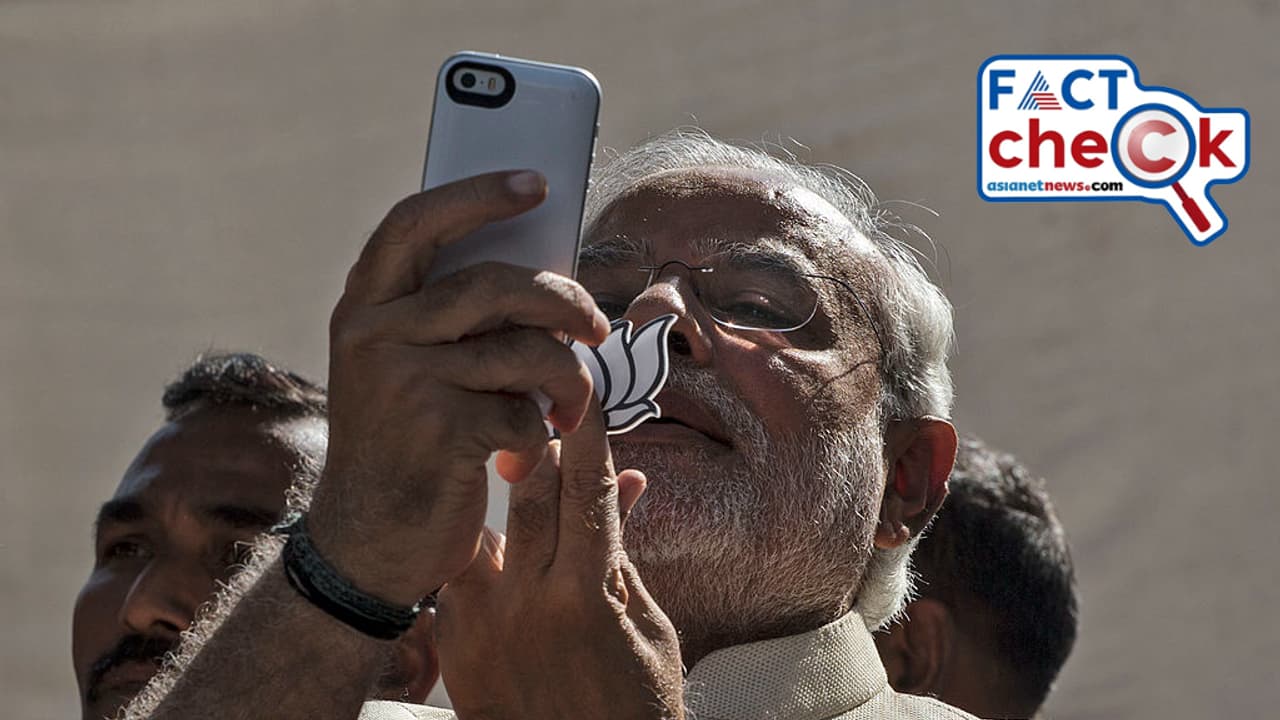Citizens are advised to be cautious of misinformation, verify claims with credible sources, and avoid clicking suspicious links to protect themselves from phishing scams and potential fraud.
Bengaluru: The Press Information Bureau (PIB) has clarified that the viral message circulating on WhatsApp claiming Prime Minister Narendra Modi is offering three months of free mobile recharge to all Indian users is fake. The misleading message, being shared widely across social media platforms, alleges that the Government of India has launched a scheme to provide complimentary mobile recharges. However, the official fact-checking unit of PIB has confirmed that no such initiative has been announced by the Centre. In a statement posted on X (formerly Twitter), PIB Fact Check warned users not to fall prey to fraudulent forwards. The Government of India is not implementing any such scheme. This is a fraudulent message being circulated with the intention of misleading and cheating people,” the post added.
Scroll to load tweet…
Beware of Fake News
Misleading messages, doctored videos, and fraudulent schemes often circulate on WhatsApp, Facebook, and other networks, catching unsuspecting users off guard. Experts warn that one of the most effective ways to avoid falling prey to such misinformation is to adopt a cautious and questioning mindset. Readers are advised not to take every forward at face value but to pause and consider whether the source is credible. If a message lacks attribution to an official agency or a reputed media outlet, it should immediately raise doubts about its authenticity.
Fact-checking is another critical step in tackling misinformation. Reputable portals such as PIB Fact Check, Alt News, and Boom have been working to debunk viral claims that mislead the public. Citizens are encouraged to cross-verify stories on such platforms or consult official government websites before sharing or acting on any information. A closer look at sensational messages often reveals telltale signs of fakery, such as grammatical errors, exaggerated claims, or links to suspicious websites.
Security experts further stress the importance of digital hygiene. Clicking on unknown links can expose users to phishing scams designed to steal personal or financial information. Many fraudulent forwards promise gifts, free recharges, or government benefits to lure people into revealing sensitive details. To counter this, authorities advise never sharing private information with unverified sources and to immediately report such attempts to cybercrime helplines.
